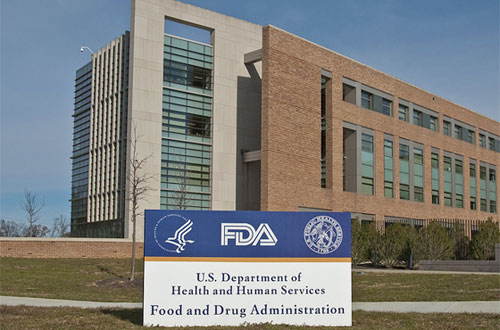
Gilead Sciences yesterday won US approval for the use of its oncology drug Zydelig in three types of blood cancer.
The FDA recommended the use of Zydelig (idelalisib) in combination with Roche’s Rituxan (rituximab) to treat patients with relapsed chronic lymphocytic leukaemia.
The approval covers the use of Zydelig in this indication when patients are unable to take Rituxan alone due to other existing medical conditions.
During clinical trials this combination was able to provide patients an average of 10.7 months of life without their disease progressing compared to about 5.5 months for participants treated with placebo and Rituxan.
These glowing results caused Gilead to end its study early, while the FDA also granted ‘breakthrough’ status to Zydelig. This classification speeds up the review process and is reserved for new treatments in areas with high unmet medical need that have already demonstrated some degree of effectiveness.
Zydelig also received FDA approvals to treat patients with relapsed follicular B-cell non-Hodgkin lymphoma and relapsed small lymphocytic lymphoma, another type of non-Hodgkin lymphoma
In these indications Zydelig is approved in patients who have received at least two prior therapies.
The approvals strengthen Gilead’s oncology business, which has trailed in the shadows of its antiviral products, led by revolutionary hepatitis C treatment Sovaldi (sofosbuvir). The drug, which only launched last year, has made nearly $6bn so far in 2014, and ranks among the most successful pharmaceutical launches of all time.
Zydelig doesn’t quite have the potential of Sovaldi, although Gilead notes that more than 200,000 Americans are living with chronic lymphocytic leukaemia, follicular B-cell non-Hodgkin lymphoma and small lymphocytic lymphoma.
These diseases are all slow-growing incurable blood cancers that can lead to life-threatening complications. Patients are generally treated with chemotherapy although relapse is a common occurrence.
“Gilead is committed to the development of novel cancer therapies and we are proud to have this opportunity to make a difference in the lives of people living with these cancers,” said Dr John Martin, CEO, Gilead.




